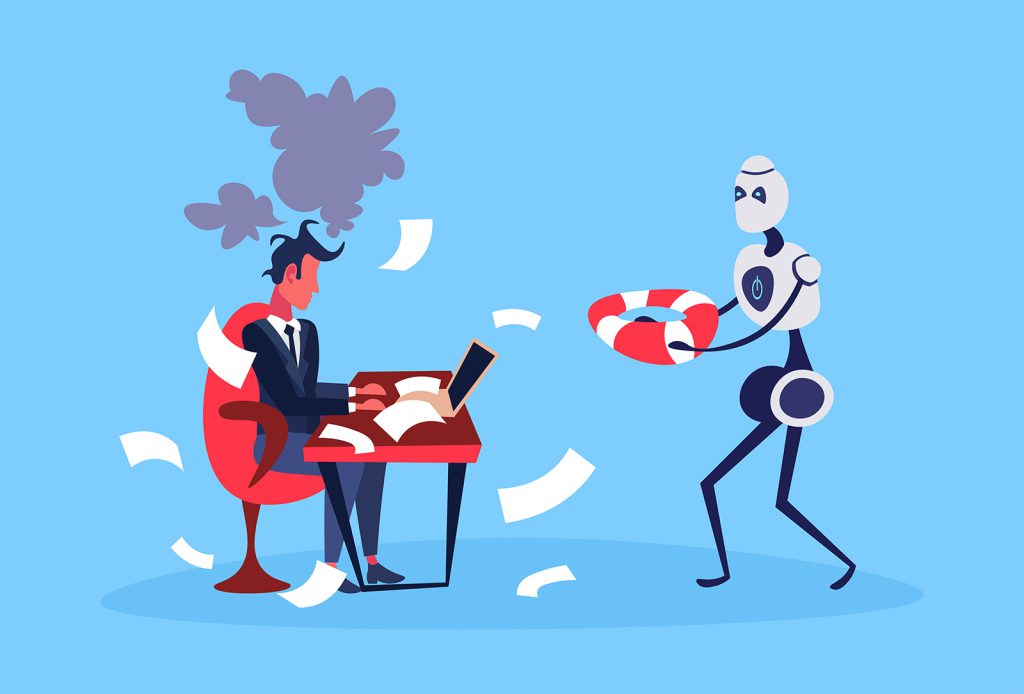Disclaimer: Unless otherwise stated any opinions expressed below belong solely to the author.
Nvidia, the long-time graphics card company turned AI giant, joined the US$1 trillion valuation club last year and is now just US$50 million shy of US$2 trillion, following the surge in demand for its accelerator cards that large language models like ChatGPT are trained on.
Its multibillionaire founder and CEO, Jensen Huang, is now one of the richest people in the world, with a net worth of close to US$70 billion, and one that is most sought after to speak about the future that his company is helping to build.
He was one of the headline guests at the World Government Summit in Dubai, which concluded a few days ago. At the event, he spoke at length about the future of the world in this new AI reality, including the impact it’s going to have on our careers going forward.
According to Jensen, the mantra of learning to code or teaching your kids how to program or even pursue a career in computer science, which was so dominant over the past 10 to 15 years, has now been thrown out of the window.
You’re already a programmer
Perhaps a bit paradoxically, the recent achievements of the IT industry are leading it to automate itself first, thereby reducing the need for tech experts and the number of tech jobs in the long run.
Here’s what Nvidia’s CEO had to say about it:
Nvidia CEO Jensen Huang has a unique take on what kids should study in school.
— Mohit Chaprana (MCR) ?? (@ammohitchaprana) February 22, 2024
While computer science and programming were once the must-have skills, Huang believes that the focus should shift to specific domain knowledge such as biology, chemistry, or finance. pic.twitter.com/ImsKiVvcXK
Over the course of the last 10 years, 15 years, almost everybody who sits on a stage like this would tell you that it is vital that your children learn computer science. [That] everybody should learn how to program. And in fact, it’s almost exactly the opposite.
Jensen Huang, Nvidia founder & CEO
It is our job to create computing technology such that nobody has to program and that the programming language is human. Everybody in the world is now a programmer.
This is the miracle of artificial intelligence.
Specialise
The future of human work is in specific domain expertise – branches of science, manufacturing, farming, construction, education, engineering and so on.
Understanding the challenges and then using autonomously intelligent technology to help us provide solutions, without us needing to spend months or years developing necessary software by hand.
For most of us it is irrelevant how a particular solution is provided. We’ve learned, or were advised to learn, how to code, because that was the only way humans could interact with computers.
If you wanted a machine to do something, you had to know how to speak to it in its highly technical programming language (or, more typically, a few of them at least).
But the rapid rise of AI is promising to make these skills obsolete for most people other than those designing and maintaining the systems the rest of us will depend on.

It’s already been proven possible, with early experiments indicating that a job that would typically be performed by a team of people over several weeks could be done by AI in just minutes.
We’re not there yet, of course, but we’re on a rapid trajectory that could derail your tech career plans within just a few years.
It makes far more sense to specialise in a particular industry or profession to understand its problems or possible avenues of future improvement so that you know what to ask AI for.
Because, while artificial intelligence can come up with any number of ideas, it can’t really know much about the reality of your work, beyond the information you provide it with. This is why your expertise in the matter is so important so that you can ask the right questions and it can provide you with the best possible answers.
Pick your street
I have to say that the blanket advice of “learning to code” has always felt wrong to me. This is because we all have a very limited amount of time, and if we spend it on one thing, we automatically can’t invest it in something else.
And, realistically, how many of us can be great at programming? (even if we ignore the sheer diversity of what it can actually mean)
Like with human languages, to be good at using any computer language you have to practice it and consistently upgrade your skills with time.
Superficially, “learning to code” can give you some basic understanding of how making computers do things works, but little beyond that unless you are constantly exposed to it. And even within the domain of programming, there are endless possibilities and specialities that you can pursue.
So, “programming” as such is an extremely broad term that is really empty on its own. Programming what? How? Why? For whom? At what scale?
Kids should, perhaps, be taught the fundamentals of computer science, much like they’re taught teaching human biology, even though most of us will never be doctors or scientists. A basic understanding of how computers power the AI-enabled future work is certainly valuable.
But only those who see themselves working as computer engineers should pursue specific skills, with the rest of us being directed towards whatever we’re passionate about and/or predisposed to, as that increases our chances of being really good at it.
So, don’t learn to code — learn to be great at something useful, whatever it may be. AI will always be there to help you out.








